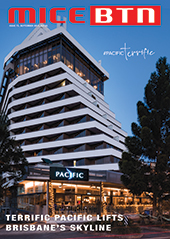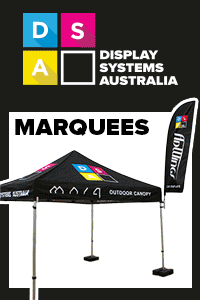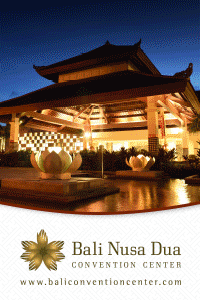Mercure Hobart caters for impaired
- Health & Leisure
- Tuesday, 10 July 2012
The Mercure Hobart hotel in Tasmania, Australia has modified eight accommodation rooms to cater for visitors with a hearing or vision impairment.
Statistics from the Australian Network on Disability show almost four million (1 in 5) Australians have a disability. More than one million Australians are hard of hearing, with around 30,000 people living with a total loss of hearing.
In addition, 300,000 Australians have a vision impairment that is not correctable by glasses and up to 20,000 people have total loss of sight – but that doesn’t stop these people travelling.
The Mercure rooms have been updated with a range of fixed and portable features for the deaf and hard of hearing, including tactile technology such as an alarm clock with strobe light and under-pillow vibrating pad, which is responsive to the hotel’s fire alarm, independent room door bell and telephone unit.
Large dial button and display screen telephones, touch reactive alarm clocks, increased room lighting, audio versions of the room compendium, room service menus and emergency and evacuation information have been introduced for the vision impaired. In-room stationary and door signage have also been produced in braille.
The Mercure’s public areas and front desk services have also added specific disability features for guests such as hearing loop, tactile flooring and braille touch surfaces. The Embers restaurant, bar and lounge menus are also available in braille or audio formats. Importantly, all hotel staff have been trained in disability awareness and assistance, basic sign and how to use new reception services including the telephone relay service and hearing loop.
“We’ve realised the need to adapt our services for those living and travelling with a disability," said Adrian Sampson, general manager Mercure Hobart. "We recognise that having a disability means more than just mobility - hence we updated our public areas services and adapted a number of rooms.
“And of course, we welcome guide dogs and hearing assistance dogs,” Adrian added.










